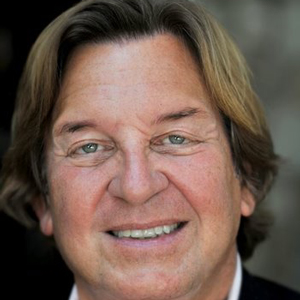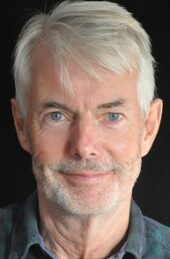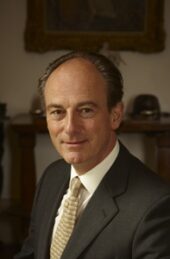Timothy Ashby, what first attracted you to the period or periods you work in?
I have been fascinated by the Elizabethan era since reading that a distant relative was a top “intelligencer” and English ambassador to Scotland. I lived on the island of Grenada as a young man and was equally fascinated by the bloody colonial history. I spent much of my time on personal archaeological digs on colonial sites. Finally, my 1920s “historical mysteries thrillers” were inspired by my awareness that the period was the beginning of the modern era yet still strongly affected by the past (e.g. the American Civil War).
Can you tell us a little about how you research? Has the process changed over the years?
The digitisation of archives has opened vast opportunities for research. Due to the Covid lockdown, and lack of access to UK archives, I could not have written Elizabethan Secret Agent: The Untold Story of William Ashby (1536-1593) over the past two years, which was 90% dependent on the Calendar of State Papers, without access to online resources. Also, I am able to order printed reference works for delivery to me in Mallorca, so did not need to visit libraries.
The common phrase is that history is written by the victors. Do you think this is true?
I disagree. History has been revised since the advent of writing, including by the ancient Greeks and Romans. For example, I have researched the American Civil War and have found that in its aftermath the history written from the perspective of both sides was generally balanced.
Are there any historians who helped shaped your career? Similarly, can you recommend three history books which budding historians should read?
The naval historian Dudley Pope and Martin Woodhouse (author of the Leonardo da Vinci Medici trilogy) who were my neighbours on the Caribbean island of Grenada when I was a teenager were great influences. Martin in particular read and critiqued my early literary attempts. For budding historians, I highly recommend any of my friend Leanda de Lisle´s books.
If you could meet any figure from history, who would it be and why? Also, if you could witness any event throughout history, what would it be?
Definitely, the Duke of Wellington as I have admired him since my childhood. I even followed an early 19th century map “The March of the British Columns through Spain” on my Bultaco motorcycle to visit old Peninsular War battlefields when I was 18 and 19. Historical event – The Battle of Little Big Horn, from a safe distance of course!
If you could add any period or subject to the history curriculum, what would it be?
The Spanish Conquest of the Americas during the 16th century was one of the most extraordinary episodes in history and deserves more in-depth research and writing. Relatively tiny armed forces (they can hardly be called armies) succeeded in conquering the Aztec and Incan empires against seemingly impossible odds. However, the aftermath of the Conquest – the imposition of Spanish culture, language, religion and governmental systems, is just as interesting as the warfare and has remarkably similarities to the Roman imperial conquests.
If you could give a piece of advice to your younger self, either as a student or when you first started out as a writer, what would it be?
Don´t lose hope. Keep writing. If you are as good as you think you are, others will recognise the talent. Be willing to accept helpful criticism from mentors and readers.
Can you tell us a little bit about the project you are currently working on?
I´ve begun researching the second book in my Storm of War series (the first in the series is Ranger). The protagonist, Chart, is a mixed-raced gentleman soldier who serves in the Loyal Back Rangers during Fedon´s Rebellion in Grenada during the 1790s and becomes an officer in the 1st West India Regiment. The new novel will be set in 1814 and 1815 in the last days of the War of 1812 when the British Army captured and burned Washington DC and subsequently suffered one of its worst defeats at the Battle of New Orleans (three of the West India regiments took part in these campaigns).
Timothy Ashby is the author of Ranger, historical novel set in the Caribbean during the French Revolution.







